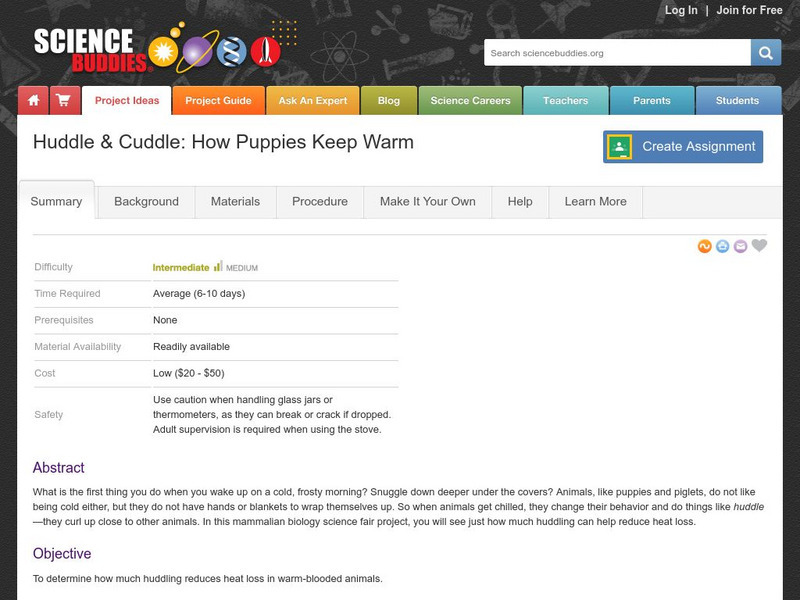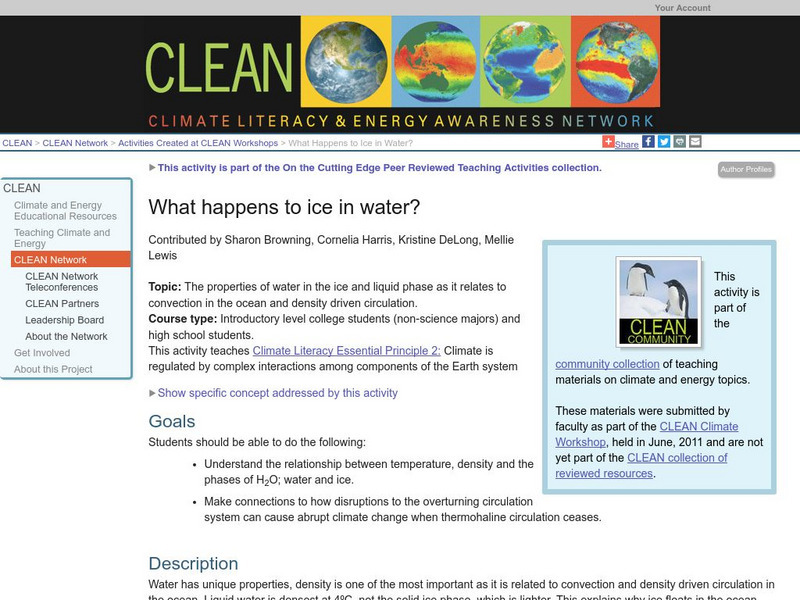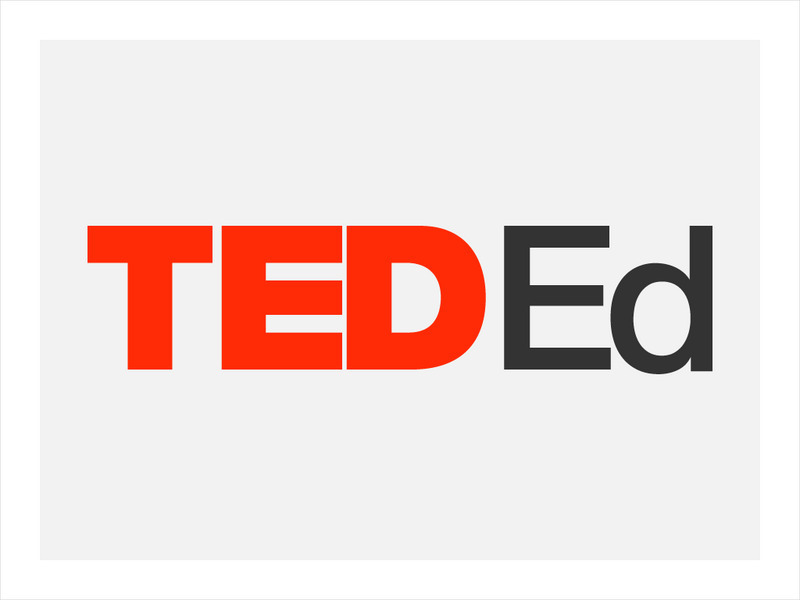Georgia State University
Georgia State University: Hyper Physics: Heat Pump
Heat flow from a hot region to a cold region is described and explained. Applications of this phenomenon (specifically heat pumps and refrigerators) are discussed. Excellent graphics.
Georgia State University
Georgia State University: Hyper Physics: Temperature
A page describing the concept of temperature and temperature scales. An interactive JavaScript form allows the visitor to investigate the relationship between the Kelvin, Celsius and Fahrenheit scales; enter a value and allow the...
CK-12 Foundation
Ck 12: Plix Series: Enthalpy
[Free Registration/Login Required] Move the chemical reaction along, and observe the overall change in enthalpy for each reaction in the simulation. After the activity, answer one challenge question to check for understanding.
University of Colorado
University of Colorado: Physics 2000: Temperature and Absolute Zero
Another awesome page from the Physics 2000 site. Entertaining, interactive, educational, understandable. Explains the meaning of temperature and absolute zero. Discusses the temperature scales. Requires Java.
Science Buddies
Science Buddies: Bake Your Ice Cream
This activity will teach you how it is even possible to bake ice cream in a hot oven and have it come out frozen.
Other
Warmair.com: Programmable Thermostats
The virtues of programmable thermostats are discussed. Includes a section titled "Thermostat Set-back Calculation;" the visitor can enter the normal and an adjusted thermostat setting and an outdoor temperature and view the percent...
CK-12 Foundation
Ck 12: Fourth Grade Science
This customizable digital textbook covers topics related to fourth-grade science. It is Next Generation Science Standards (NGSS) aligned.
University of St. Andrews (UK)
University of St. Andrews: Insulators
The nature of insulators is described at the atomic level. Band gap theory is used to explain what distinguishes insulators from conductors.
Upper Canada District School Board
Tom Stretton's Chemistry Pages: Heat and Work Engines
Find out some history behind engines, and learn how thermal energy and work play a part in how engines run.
University of Sydney (Australia)
Entropy and the Second Law of Thermodynamics [Pdf]
A set of printable pdf pages from the University of Sydney's "Thermal Physics Module" site. Entropy is defined and explained conceptually. The mathematical treatment of entropy is introduced. The second law of thermodynamics and its...
National Geographic
National Geographic: Encyclopedia: Core
Understand the characteristics and features of Earth's core from this detailed article. Includes high-quality illustrations, a downloadable poster, a video, and links to other resources.
Carnegie Mellon University
Chem Collective: Chemical Potential: Staircase Demonstration
As we look for connection points across disciplines, we are increasingly drawn to chemical potential as the connection point. This simulation shows particles thermally distributed on a staircase. A linear increase in energy leads to an...
Science Buddies
Science Buddies: Project Ideas: Huddle and Cuddle: How Puppies Keep Warm
In this mammalian biology science fair project, students will determine how much huddling reduces heat loss in warm-blooded animals. The Science Buddies project ideas are set up consistently beginning with an abstract, objective, and...
Other
Digital Library for Earth System Education: Teaching Box: Plate Tectonics
A suite of lessons focusing on finding the fossil evidence for lithospheric plate tectonics. Inquiry-based exploration of plate tectonics evidence includes fossil distribution, earthquakes, and volcanoes.
Climate Literacy
Clean: What Happens to Ice in Water?
Students investigate the properties of water in the ice and liquid phase as it relates to convection in the ocean and density driven circulation, and ultimately the climate.
OpenStax
Open Stax: Heat Transfer Methods
In this section of the textbook, learn about the methods of heat transfer: conduction, convection, and radiation. Book can be downloaded.
OpenStax
Open Stax: Convection
In this section of a college textbook, the topic of convection is explored. Understand how the process of convection transfers heat. Also learn how to calculate the rate of heat transfer by convection. Section also includes problems and...
Other
Digital Library for Earth System Education: Teaching Box: Mountain Building
A suite of lessons focusing on all aspects of how mountains are formed. Inquiry-based exploration of mountain building includes the rock cycle, mountain formation, plate tectonics, earthquakes, volcanoes, erosion, rocks, minerals, and...
Science Buddies
Science Buddies: Project Ideas: How Horses Keep Warm in the Wind
In this mammalian biology science fair project, students will learn about methods of heat transfer and determine the best direction in which horses should stand in a cold wind to maintain their core temperature. The Science Buddies...
Cosmo Learning
Cosmo Learning: Physics I: Classical Mechanics
A collection of video lectures from a classic mechanics course taught at the Massachusetts Institute of Technology. The course teaches modern physics, thermal physics, fluid mechanics, solids mechanics, celestial mechanics, momentum,...
Other
Warmair.com: Insulation
The role of insulation in preventing heat loss is discussed. The concept of thermal resistance is introduced and explained. Understandable language but no graphics.
Cosmo Learning
Cosmo Learning: General Chemistry
A collection of video lectures from a general chemistry course taught at the University of California, Berkeley. The course teaches periodic table, chemical bonds, molecular shape, phase changes, chemical reactions, stoichiometry,...
Curated OER
Fund. Of Phys. Geography/energy, Temperature, and Heat
A page describing (in part) the distinction between energy, temperature and heat. Includes graphic illustrating the quantity of energy needed to transform water between its various states. Methods of thermal energy transfer (convection,...
TED Talks
Ted: Ted Ed: How to Unboil an Egg
It's so obvious that it's practically proverbial: you can't unboil an egg. But actually, it turns out that you can- sort of. Eleanor Nelsen explains the process by which mechanical energy can undo what thermal energy has done. [4:10]
Other popular searches
- Thermal Energy Transfer
- Thermal Energy and Heat
- Thermal Energy Lab
- Thermal Energy Powerpoint
- What Is Thermal Energy
- Transfer of Thermal Energy
- Thermal Energy Worksheets
- Thermal Energy Lessons
- Thermal Energy Florida
- Thermal Energy Crossword
- Thermal Energy Physics
- Temperature and Thermal Energy
















